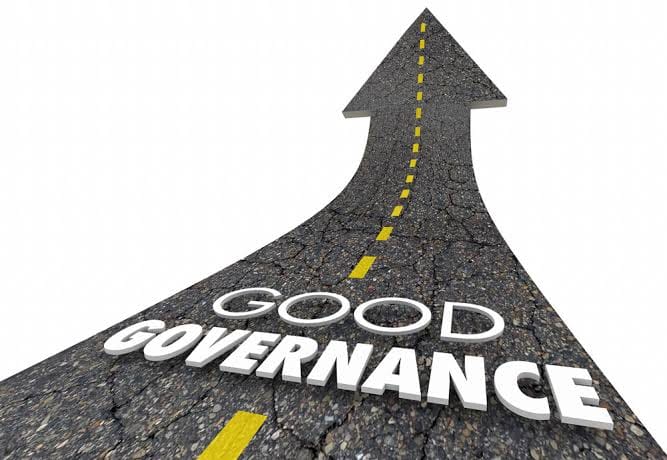According to CEIC data, primarily generated by the World Bank, Nigeria’s electricity production reached 8,415 GWh in September 2023. The data reached an all-time high of 9,936 GWh in September 2015, and a record low of 3,247 GWh in June 2009. Nigeria has a population of 223.8 million human beings. So Nigeria is sharing 8,400GWh of electricity to 223million people. A shameful reality. Yet, not more than 50 percent of the 8,000 GWh is evacuated and distributed by the DISCOs.
Now, compare that to our smaller neighbors like Ivory Coast with just a 30.9million people. That’s smaller than the population of Lagos and Kano States. Electricity production in Ivory Coast reached 9,835 GWh in December 2018, and by 2023, they had climbed to over 10,000 GWh. (higher than Nigeria.)
Ghana, with 34.1 million people; just about the same population as Lagos and Kano, produced 22,051 GWh of electricity in December 2021. From 6,116 GWh in December 1971, Ghana progressed to 22,051 GWh by December 2021, (higher than Nigeria and Ivory Coast combined).
South Africa has 59.4 million people. That’s just one-quarter of Nigeria’s population. Electricity production in South Africa reached 18,300 GWh in December 2023. (still higher than Nigeria and Ivory Coast, combined.)
If you move to the Northern part of Africa, Morocco with just 37.8 million people, produced 40,512GWh of electricity in December 2021, compared to Nigeria’s 8,000GWh in September 2023.
With 111.9million people, (about half of Nigeria’s population.), Egypt produced 21,300 GWh of electricity in September 2023. The CEIC data reached an all-time high of 22,899 GWh in August 2023.
India gained independence only 13 years before Nigeria, with a growing population that has just hit over 1.4 billion people, India reached 127,769GWh of electricity production in January 2024, compared to 115,947GWh in the previous month. (That’s higher than Egypt, Nigeria, South Africa, Ghana, and Morocco, combined.)
Indonesia and Nigeria are competing population figures with, (273.8million people), producing 308,002GWh of electricity in December 2022. (That’s higher than all the countries I have mentioned, combined.)
Iran, a pariah State that is under perennial economic sanctions from the West, moved from a record low of 2,338GWh of electricity in March 1964 to reach 355,948GWh in March 2022. That’s higher than Indonesia and higher than the whole of electricity generated in Africa combined.
In this chain, you can see that, the giant of Africa, Nigeria, with over 200 million people, is still lagging at 8,000GWh. The least of all the countries I mentioned. Yet, PremiumTimes reports that the Nigerian government, between 1999 and 2010, spent over N4.7 trillion on power, and eight years later, the Jonathan and Buhari administrations invested another N1.164 trillion into the sinkhole through capital releases yet, we are still at 8,000GWh after spending over N5.85trillion.
This amount can power several African countries if it is spent as budgeted, but it is lying in some individual accounts while the country wallows in darkness and industrial suffocation. Don’t be fooled that anyone is working to change the situation. Nobody is. More money will still be budgeted there as always and someone is already planning to steal it.
My take is that, without power, they won’t be industries. Without industries, there won’t be jobs, and without industries and jobs, we won’t be able to generate revenue to fund development. We will remain stagnated regardless of periodic elections. Look at the heat waves blowing around the country, you can’t even power your fan. The earlier we FIGHT FOR GOOD GOVERNANCE, the better the chance we stand.
#RevolutionNow!
Citizen Agba Jalingo is the Publisher of CrossRiverWatch and a rights activist, a Cross Riverian, and writes from Lagos.
NB: Opinions expressed in this article are strictly attributable to the author, Agba Jalingo, and do not represent the opinion of CrossRiverWatch or any other organization the author works for/with.
